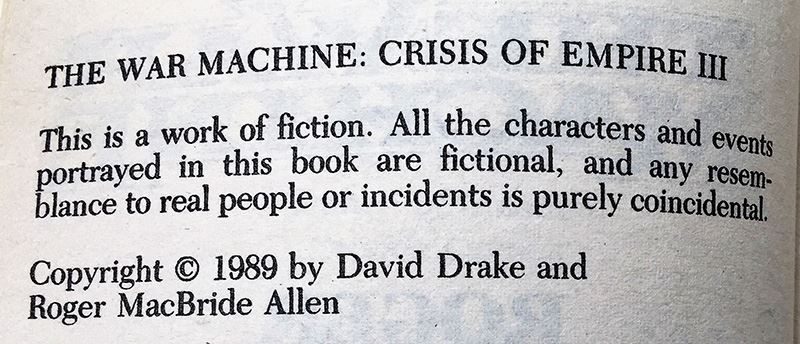

These are indeed important questions that deserve answers, answers that can be found in their fullness in Christ and in his Church. How can we restore and protect this Eden, which is our fragile planet? (Curott, Book of Shadows, xii) How are we to find our lost souls? How can we rediscover the sacred from which we have been separated for thousands of years? How can we live free of fear and filled with divine love and compassion?. to questions buried at the center of my soul. In her "conversion story," self-described Wiccan high priestess Phyllis Curott, an Ivy League-educated lawyer who was raised by agnostics, describes her journey from secular materialism to Wicca as a rejection of the idea that humans are made for mammon alone: In an age of science and skepticism, it may be difficult to understand why intelligent people would be drawn to witchcraft, which encompasses both a methodology of casting spells and invoking spirits and an ideology that encourages finding gods and goddesses both in nature and within the self.

Rowling's Harry Potter books to self-described witches agitating for political and social parity with mainstream religious traditions, Christians have had to re-examine witchcraft and formulate a modern apologetic approach to it. Witchcraft has become a hot topic in recent years. What springs to mind when someone mentions "witchcraft"? Three hags sitting about a cauldron chanting "Double, double, toil and trouble"? A pretty housewife turning someone into a toad at the twitch of her nose? Or perhaps you think of Wicca and figure that it is witchcraft hidden beneath a politically correct neologism.


 0 kommentar(er)
0 kommentar(er)
